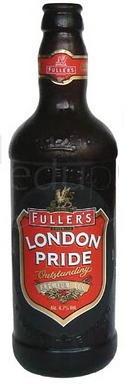Stephen Green at Insty linked to this article about grilled (a.k.a. toasted) cheese sandwiches, and the best cheeses to serve therein. (It’s a HuffPo article, but somehow they managed to avoid any “Trump is Hitler”references, so it’s safe.)
Loyal Readers may remember my discovery in London last year:
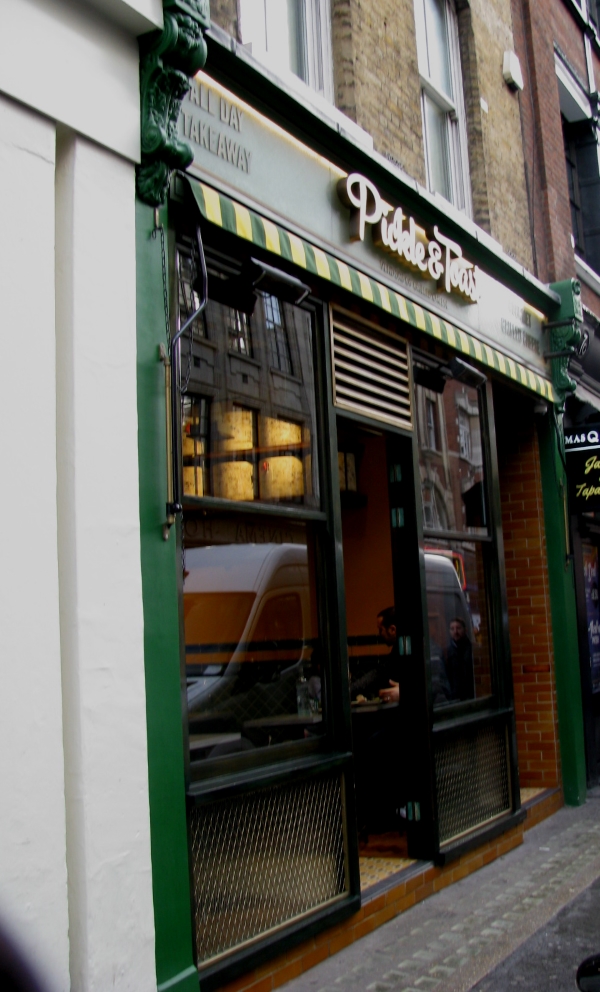

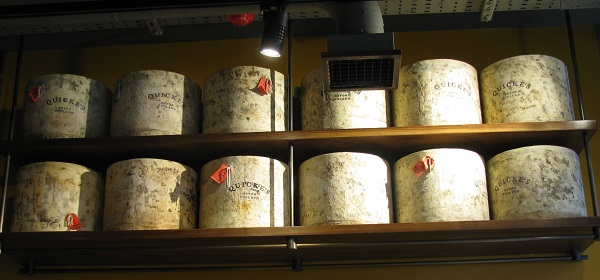

…and from this you may deduce that I too am an aficionado of the toasted / grilled cheese sandwich (which I’m going to refer to as “toasties” hereafter). You would be correct. Here, then, is my take. (You may want to get a fresh cup of coffee ready, because this is going to take a while.)
Let’s get the easy part out of the way. Toasties cannot be made in panini presses (as Stephen Green mistakenly suggested), because the press makes the bread tough and dry. The only way to make toasties (of any kind) is either in a sandwich toaster (like a waffle iron, only with flat sides and should not be pressed closed ) or (preferably) in a frying pan. Either way, the sandwich has to be buttered on the outside first, to give the bread just the right degree of crunch. So avoid the panini press because after all, it was invented by some Italian fascisti after listening to a speech by Mussolini. (I may need to check that one, but you get the picture.)
Not appetizing:

Ideal:

Next comes the bread. Forget any thoughts of Wonder Bread, Mrs. Baird’s, Sarah Lee or any of that ilk unless you are making the snack for a young child, in which case it’s fine because kids like to stick bland stuff into their mouths. But grownups can and should do better. A good toastie is never bland. Good bakery bread is essential because it adds depth and flavor — and while I prefer white bread (preferably from French boule or batard loaves), I won’t run screaming from the room if you choose sourdough or even wholewheat. Here are the boule and batard, in order:


Next comes the butter. Most American butter is terrible: off-white and tasteless, it should be called “I Can’t Believe It’s Not Margarine!” For a good, golden toastie with incredible flavor, use one of the two below (the first is spendy, the other isn’t, but both come from over The Pond):
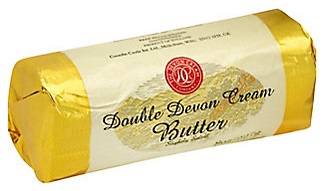
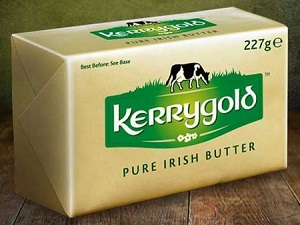
(The Double Devon, by the way, is de rigueur for scones and jam, less so for toasties. The Kerrygold is just fine.)
Now for the fun part: the cheese.
I myself use a hand-slicer on whatever cheese I decide because it can make paper-thin slices (and takes less time than grating), but whether slicing, shredding or grating, this is to avoid having thick slices of cheese, which won’t melt properly without the bread getting burned. And now for the cheese itself.
My number one cheese, the cheese I would eat if I could eat no other for the rest of my life, is Norwegian Jarlsberg — so it should come as no surprise that it’s also my favorite toasting cheese: nutty, smooth and buttery, it makes my mouth water just thinking about it.
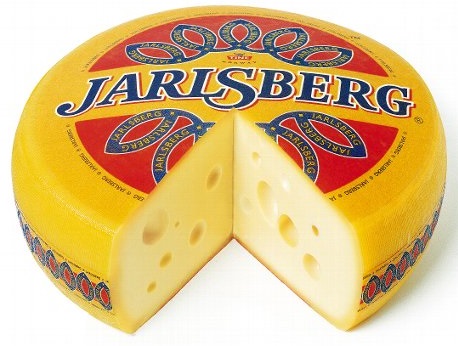
I buy the large wedges at Sam’s Club because it’s too spendy everywhere else. (And avoid the Jarlsberg “Lite” because “lite” anything is just awful and will give you dropsy or turn you into a vegan, perhaps both.) Back to the real stuff:
Other, more tangy choices are Emmental or Gruyère:

…and if I’m feeling really wild and crazy, a sharp-ish cheddar, preferably real English cheese like Barber’s 1833 (which you’ll have to grate because it’s too crumbly to slice):
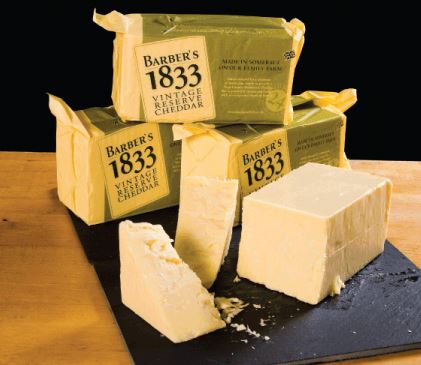
…but you can find a decent local cheddar if you eschew the large commercial brands (e.g. Kraft). Like this one:
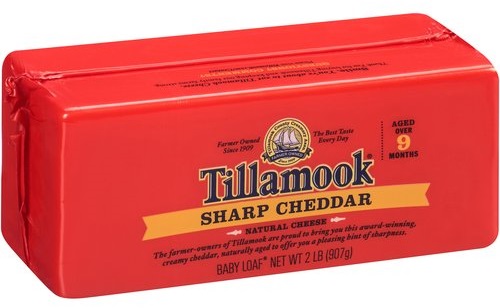
If not using Jarlsberg, I like my toasties to be ever so slightly piquant; but rather than using spice or garnish, I like to let the cheese provide the piquancy. (Some people like to spread mustard on their bread before putting the cheese on, but be warned: it’s easy to overcome the delicate flavor of cheese with too much or too hot a mustard — it’s like putting hot sauce on mushrooms: you can, but why?)
There are people who add things like pickles, onions or tomatoes to their cheese toasties, but I avoid these additions because Satan. The garnishes can be eaten on the side — see the pic at the top for reference — but should never be in the sandwich itself. (By the way: if you commit the heresy of putting tomato in your sandwich, be aware that long after the cheese has cooled to eating temperature, the hot tomato will still be able to blister the inside of your mouth, which would serve you right.)
And speaking of Satan: there is something known as “American” cheese (a.k.a. Kraft Singles or Velveeta), an orange-colored pasty substance of no discernible flavor or nutritional value. Among us grownups this is known as “kid’s food” and should be severely shunned, as one would a fanatical Muslim cleric, a gun-confiscator or a Democrat [some overlap].
Armed with the above ingredients I’ve listed, you should be able to make yourself a first-class toastie.
Finally, you will notice that I’ve avoided the topic of putting ham with the cheese. That’s because adding meat to a sandwich turns a snack into a meal. I’m not averse to a toasted ham ‘n cheese sarnie — by no means — but for a simple, satisfying snack there is almost no substitute for a cheese toastie.
And now, if you’ll excuse me, I’m off to the kitchen.


